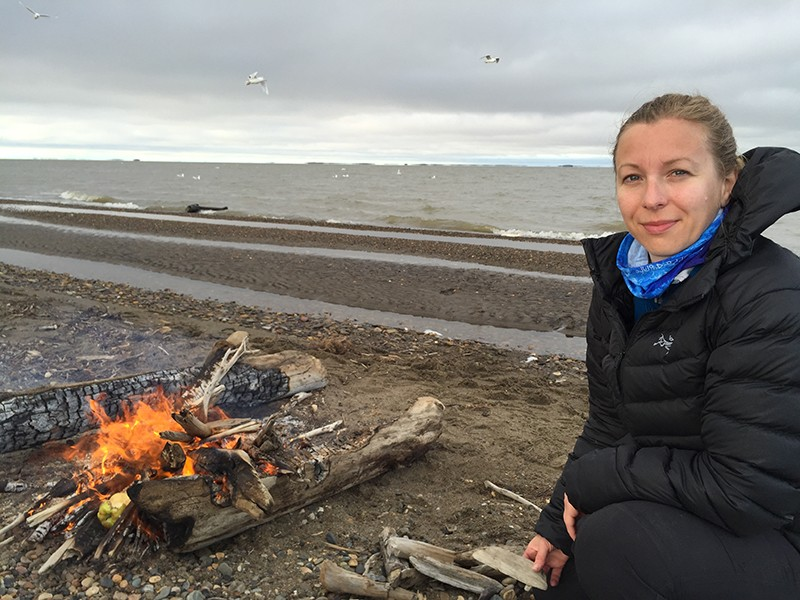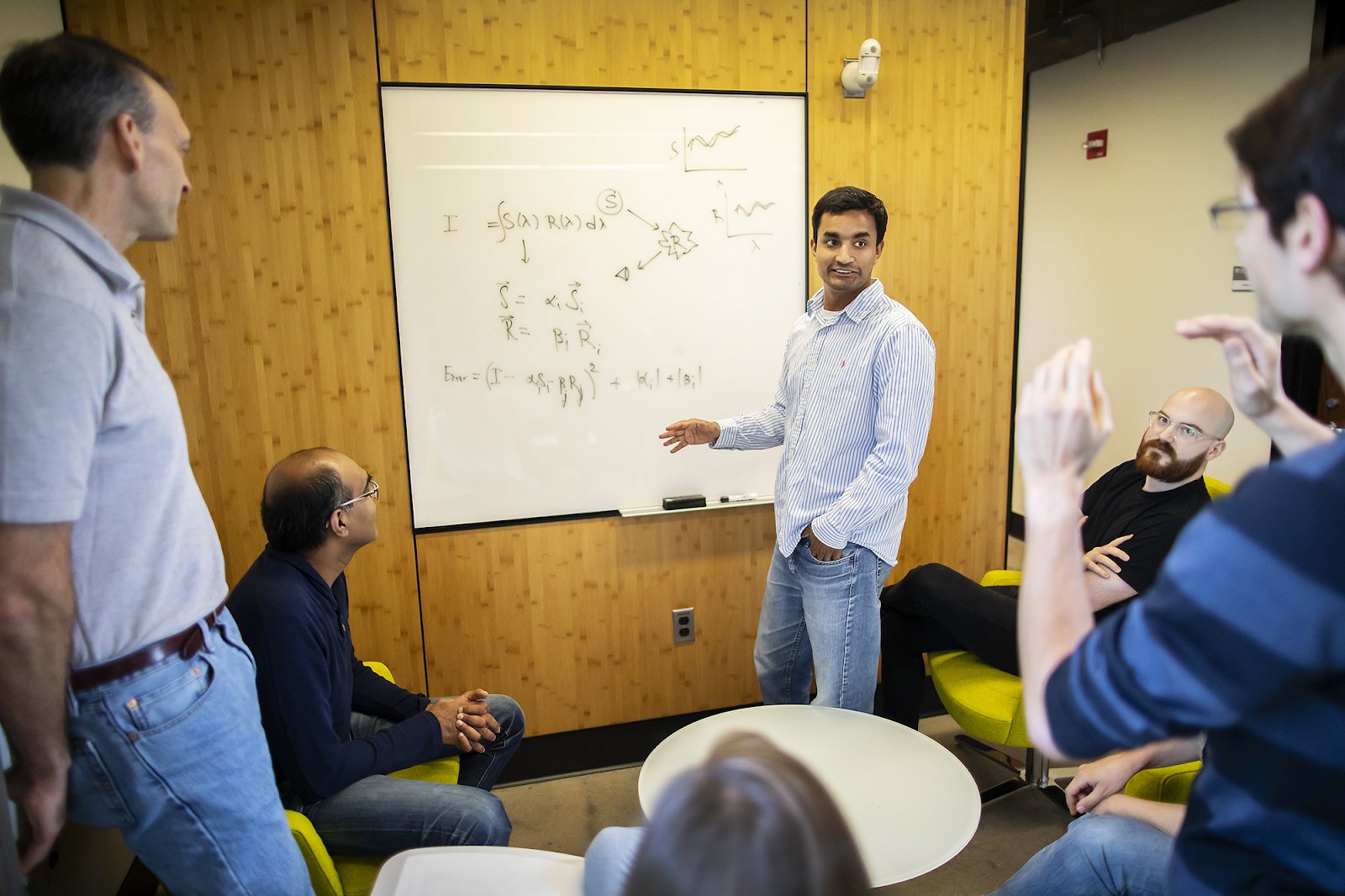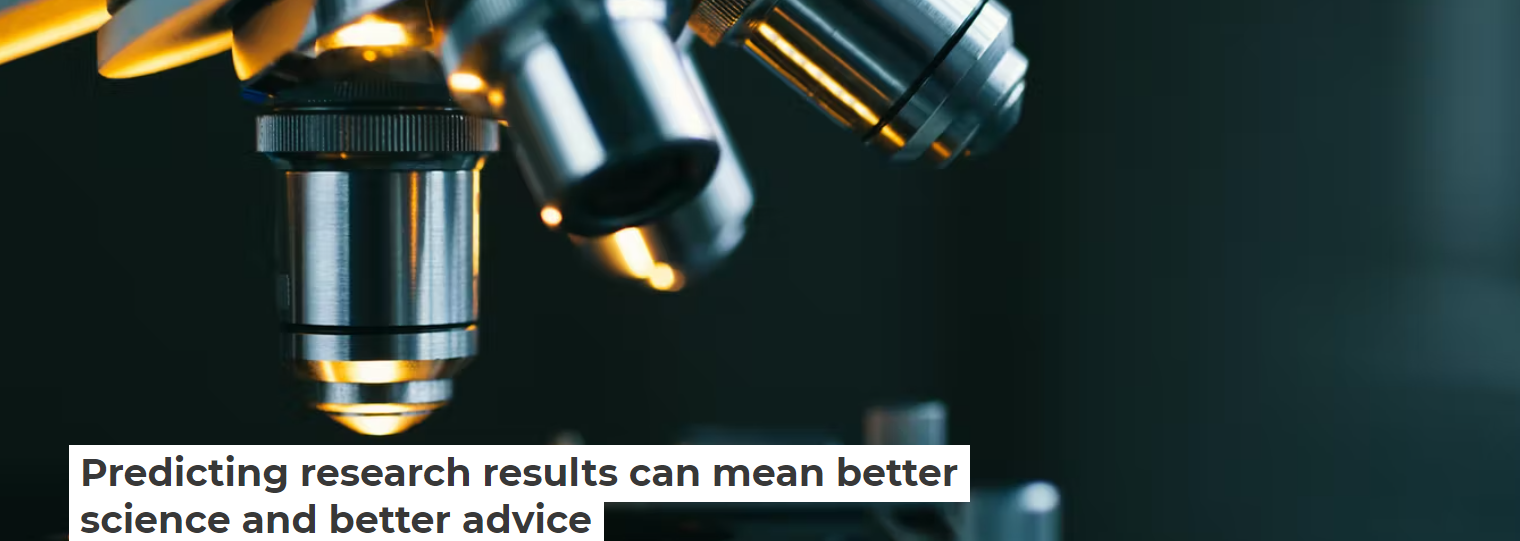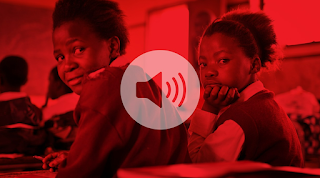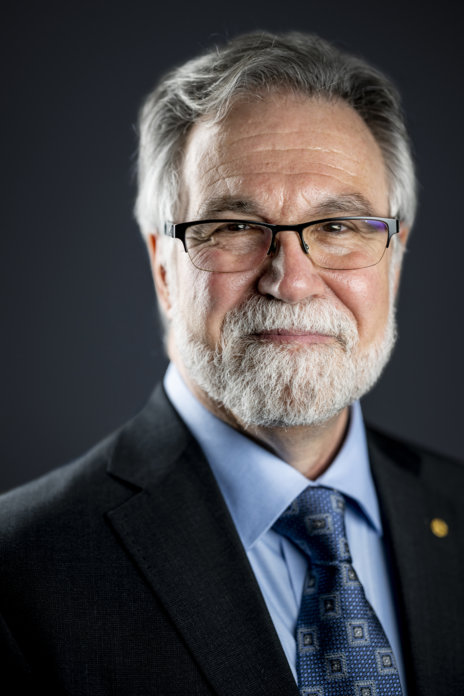The impact of data science on science and knowledge production is an important and timely topic. Data Science and AI are changing the way we do science. AI is increasingly used in scientific practices, from data discovery to data analysis, for extracting new knowledge out of research artifacts, generating novel and experimentally testable scientific hypotheses, writing, publication, outreach, and research assessment but its biggest promise is to generate new scientific knowledge and understanding. Data Science, on the other hand, gives value to data for advancing scientific goals. For instance, in studying the human genome (connecting genetic data to people’s behaviors and diseases).


